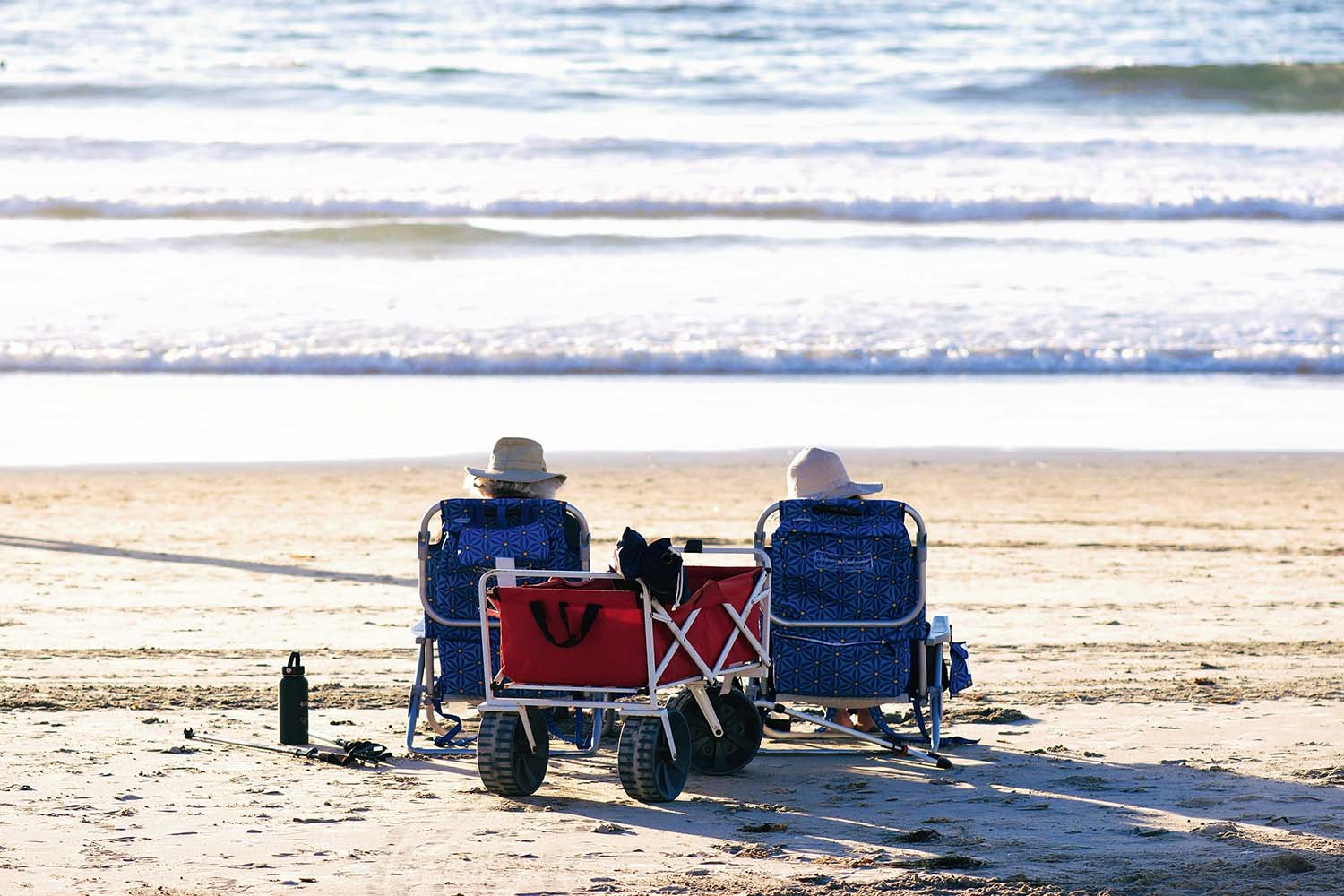Healthy meal preparation plays a crucial role in maintaining the optimal health and wellbeing of the elderly. As we age, our bodies have different nutritional requirements, and dietary needs or restrictions may arise. By focusing on balanced and nutrient-dense meals, we can prevent chronic conditions such as heart disease, diabetes, and high blood pressure. Incorporating a variety of fruits, vegetables, whole grains, lean proteins, and healthy fats ensures that all nutrient needs are met. Additionally, advanced meal prepping techniques can greatly benefit individuals with limited mobility or energy levels, offering them convenience and ease when it comes to healthy eating. We hope you enjoy reading this latest blog, Healthy Meal Preparation for the Elderly.
Safety: Putting Health First
When it comes to meal preparation for the elderly, safety is paramount. A reputable service ensures that all meals are prepared in a safe and hygienic environment, adhering to stringent food handling practices. Ingredients are carefully sourced, and special attention is given to dietary restrictions and allergens. By prioritising safety, the service guarantees that the elderly receive meals that are free from contamination, reducing the risk of food-borne illnesses and promoting overall wellbeing.
Effectiveness: Meeting Nutritional Needs
A well-designed meal preparation service for the elderly focuses on meeting their specific nutritional requirements. Nutrient-dense meals are tailored to address common age-related concerns, such as bone health, immune support, and cognitive function. By including a variety of wholesome ingredients, rich in vitamins, minerals, and antioxidants, these meals provide essential nourishment, helping to maintain overall health and vitality.
Caring: Personalised Attention and Support
A successful meal preparation service for the elderly understands the importance of personalised care. They take the time to understand individual dietary preferences, cultural considerations, and medical conditions. By providing personalised meal plans, the service ensures that each elderly person receives meals that align with their unique needs and taste preferences. This caring approach enhances the overall dining experience and fosters a sense of wellbeing and satisfaction.
Responsiveness: Adapting to Changing Needs
The needs of the elderly can change over time, requiring flexibility and adaptability from the meal preparation service. A responsive service is attentive to feedback, continually refining their offerings to meet evolving needs. They consider changing dietary requirements, adjust portion sizes, and modify meals based on taste preferences. This responsiveness allows the elderly to have their nutritional needs consistently met, even as their circumstances change.
Well-Led in Delivery: Expertise and Quality Assurance
A well-led meal preparation service for the elderly demonstrates strong leadership and expertise. It is run by professionals who understand the nutritional needs of the elderly population and the importance of high-quality ingredients. Through regular quality assurance checks, the service maintains its standards, ensuring that each meal delivered is of the highest quality and adheres to nutritional guidelines.
Conclusion
In conclusion, caregivers who prioritise healthy meal preparation for the elderly are instrumental in promoting their wellbeing. Caregivers play a vital role in ensuring that the elderly receive the nourishment they need to thrive. With their dedication and expertise, caregivers make a positive impact on the lives of the elderly, enhancing their health, happiness, and overall quality of life. Contact us for more information.

